The Art of Electronics: The x Chapters expands on topics introduced in the best selling third edition of The Art of Electronics, completing the broad discussions begun in the latter. In addition to covering more advanced materials relevant to its companion, The x Chapters also includes extensive treatment of many topics in electronics that are particularly novel, important, or just exotic and intriguing. Think of The x Chapters as the missing pieces of The Art of Electronics, to be used either as its complement, or as a direct route to exploring some of the most exciting and oft overlooked topics in advanced electronic engineering. This enticing spread of electronics wisdom and expertise will be an invaluable addition to the library of any student, researcher, or practitioner with even a passing interest in the design and analysis of electronic circuits and instruments. You’ll find here techniques and circuits that are available nowhere else! – 524 large-format pages
– 50 high-resolution photographs
– 24 tables, including MOSFETs, op-amps, drivers, and more
– more than 300 circuits, 300 graphs, 100 ‘scope screenshots, and dozens of drawings.
Back to top


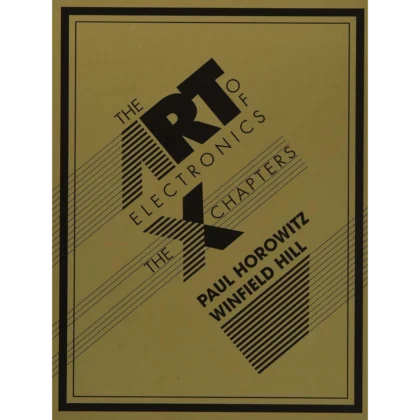

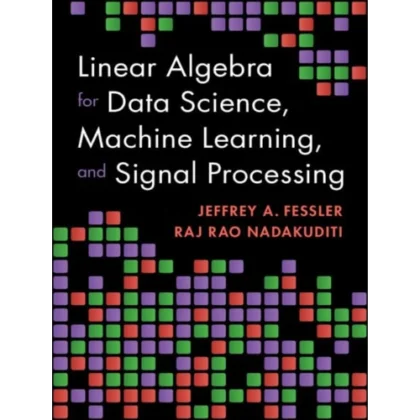


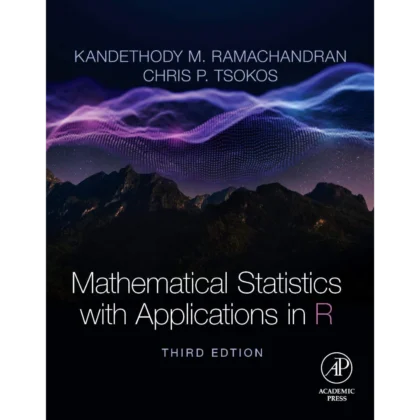
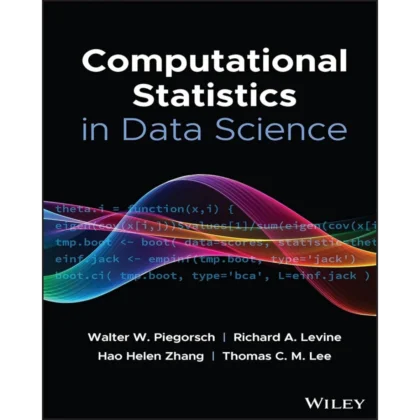
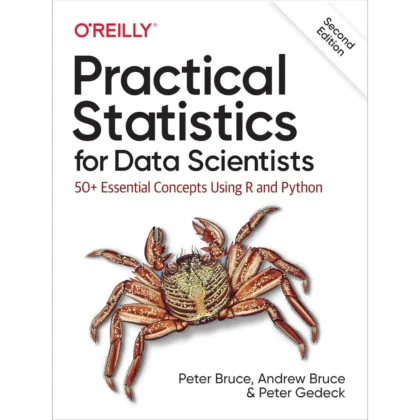
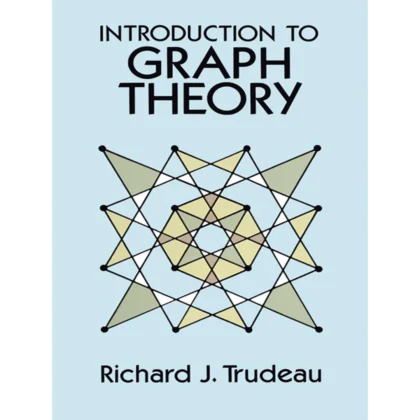

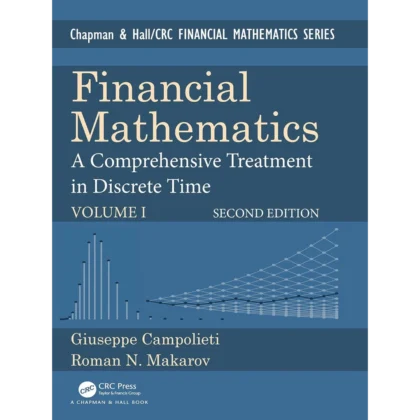
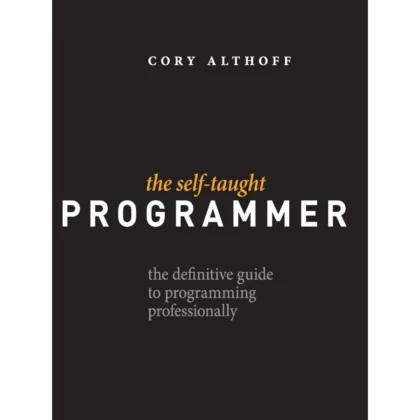


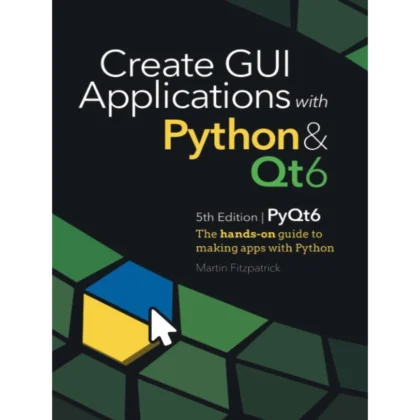








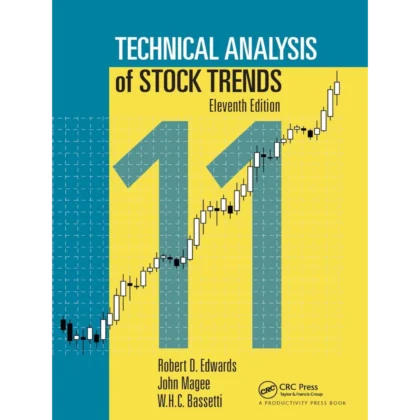

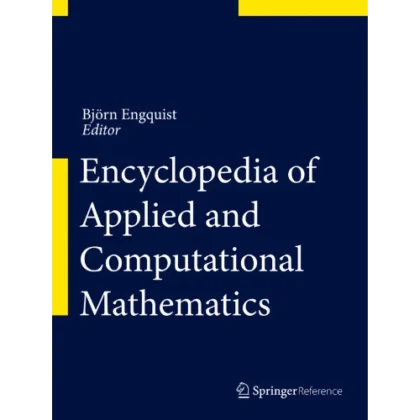
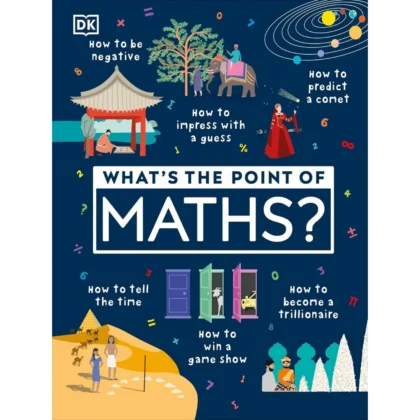
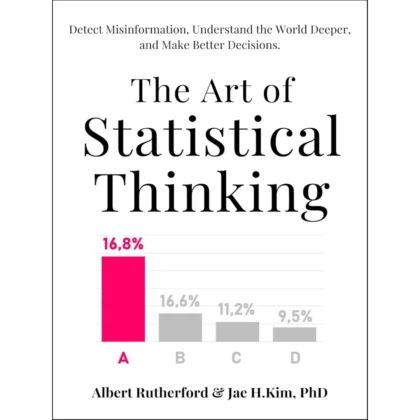
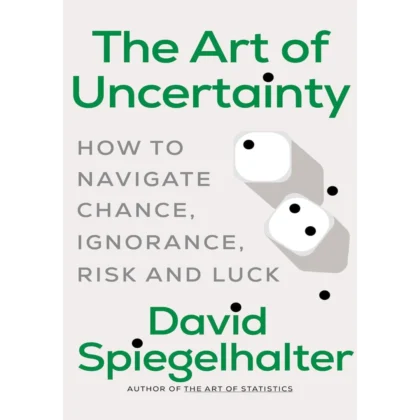
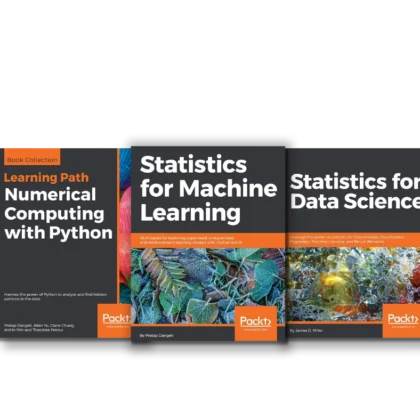

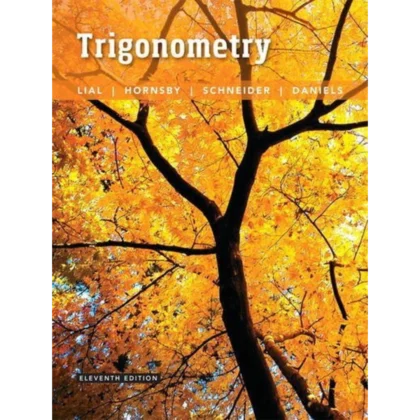


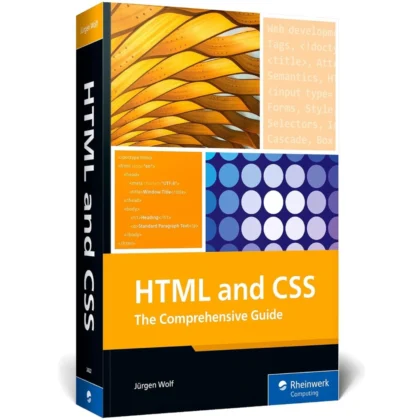
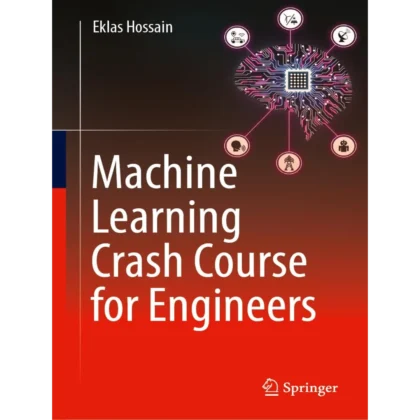

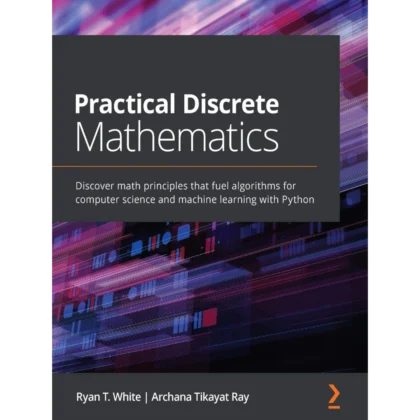
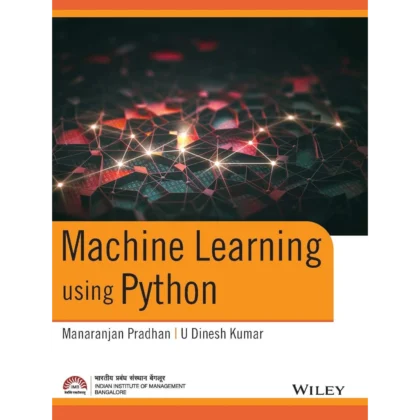
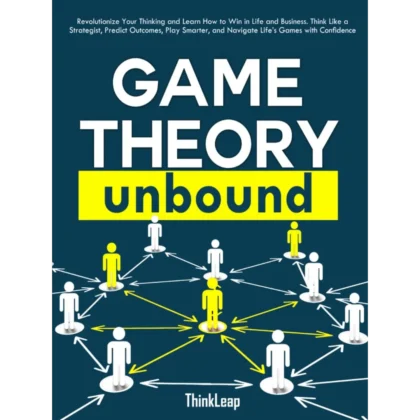
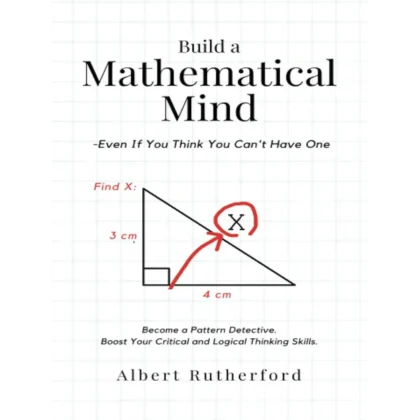
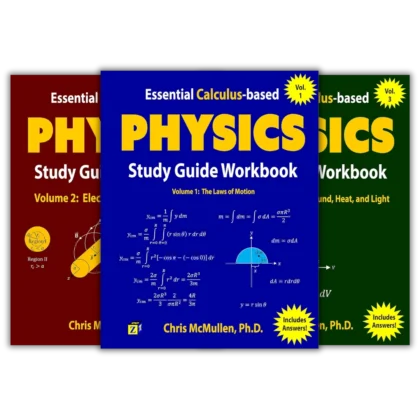

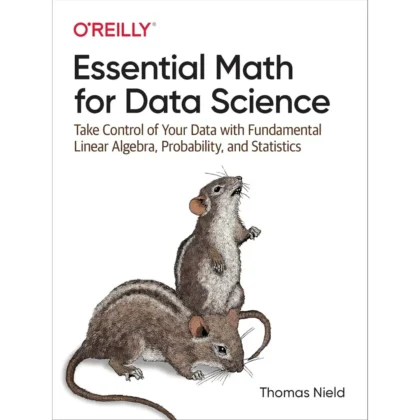

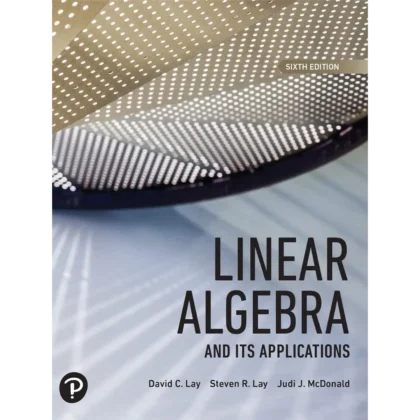

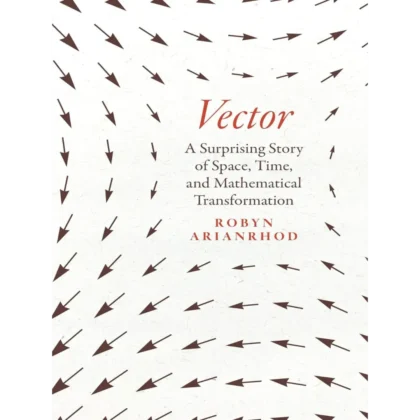
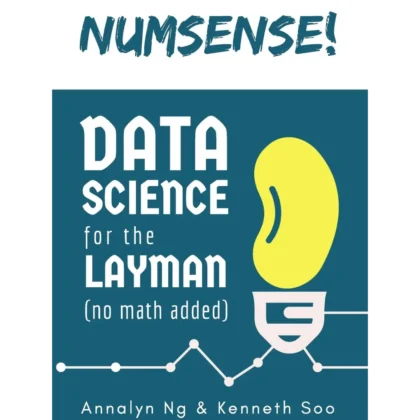
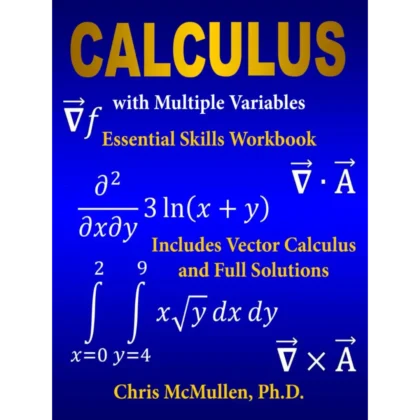
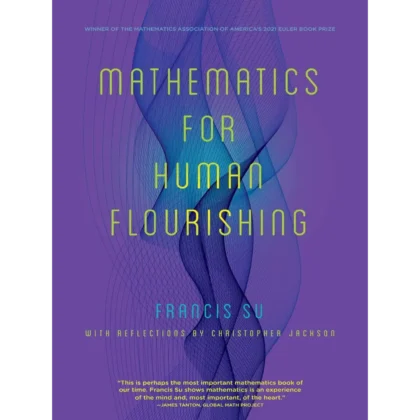
RustyNutz –
Overall this is a good reference for any practicing electrical / electronics engineer, especially in the analog realm. Good info on BJT / FET / OPAmp behavior, and written in a very practical, usable style.
The problem with a paper version like this is that it can be out of date pretty quickly when they mention specific part numbers or pricing – at least for some items. It’s certainly more up to date than “Art of Electronics” though.
One pet peeve is the authors keep referencing figures / tables across different chapters and different books…So it sort of interrupts the flow if you’re reading about one thing, and then have to go find the figure they just mentioned in a different chapter…or in some cases jump to a different book. The must have had to make concessions to keep the number of pages down. But still it can jump around a lot.
Some of the details on various passive parts are missing, for instance PWW (precision wirewound) resistors are sort of missed, and where’s you’d use those in a circuit that needs very low 1/f noise, etc. They talk about the advantages of using SMT parts – but gloss over the fact that sometimes through hole parts are required for high voltage or high board stress applications, etc.
In the end it’s clear the authors are good profs – but it’s obvious their background is more academic, less real world industrial precision. Still, it’s certainly one of the better references out there, and I highly recommend.
astromatt –
No issues with book. It is a great resource to compliment the 3rd edition book and lab book. Quality binding. No issues with the quality of the print or paper. Pleasure to add this to my review.
Hust13r –
Teniendo la tercera edición de los otros 2, era necesario y no me ha defraudado, en la linea de la tercera edición, añade información no realmente necesaria (a mis ojos) pero útil. Eso sí, gestionado de manera erronea, precio excesivo en comparación a los 2 libros originales amén de sentirme castigado por comprarlo en cuanto ha salido a la venta (en 7 días el precio ha bajado algunos euros). Era un libro que sí o sí, yo iba a comprar y aquí, pero me siento decepcionado por la manera de gestionar su venta.
Michael Pelleter –
A most readable text book. Practical and wonderfully current.
K. Borg –
This provides nice expansions for certain topics touched upon in the Art of Electronics: Third Edition. AoE is one of my favorite sources, and this is a wonderful addition.
William T. –
These chapters cover in depth more electronics theory. I was hoping for some coverage of rf to a greater degree some discussion of mixers, circulators, rf maps but alas no. Still an excellent book.
DanN –
If you want to dig deeper in the “secrets” of analog electronics this is the perfect book
Brian S. –
Good read
JOAO CARLOS SILVA –
Extra insight in some chapters of the main book.
Good presentation, some pages are a bit blurred (appears the paint didn’t had enough time to dry) but does not prevent you from reading and understanding the subject.
Jeff Glass –
All of the drawings/illustrations were crisp and easy to read. Interesting information. One complaint is there are very few design equations for the circuits described. Although, the circuit description are very detailed. I prefer that the details in the descriptions appear as design equations instead.
A buyer –
There are a number of design problems I’ve faced that this book addresses in some capacity. It’s impossible to have a perfect cookbook for the exact application you need, but the information laid out in the x Chapters are a good starting point to at least start playing around in simulation.
The very first chapter is probably the most useful. This goes over the real-world performance of wires, resistors, capacitors, inductors, diodes, relays etc. There are rules of thumb to keep in mind, trade-offs between attenuation of competing parasitics, solutions to one problem may introduce a problem elsewhere in the design… I think this info will give any electrical engineer the ability to have a solid foundation on which to build intuition (after many years) of analog and digital design.
J.V –
Es ist gut, dass die Tiefe der Berechnungen hier gegenüber dem Hauptbuch vertieft sind.
Maxwell Bach –
This book covers advanced topics that didn’t make to the main AoE book. There are 5 chapters:
1.- Real World Passive Components
2.- Advanced BJT topics
3.- Advanced FET topics
4.- Advanced topics in Operational Amplifiers
5.- Advanced topics in Power Control
So, as you can see, its focused on analog electronics. The chapters are full of gold nuggets, the quality of the book is the same as the AoE 3rd edition, however the book is a lot thinner, its obvious, there is less content, still there are a total of 483 pages not counting the index which makes this a complete book on its own. It is definitely worth the money, if you like the original AoE dont hesitate to buy this one!
William Herr Jr –
Excellent book. Works with the 3rd edition book as an excellent companion book.
Physicist1 –
It does exactly what it says on the flyleaf – it adds to the content of the main volume ‘The Art of Electronics’, giving evidence supported by clear description and experiments. Much raw data is given together with careful analysis – highly recommended for the electronics engineer wishing to delve more deeply into the whys and wherefores behind the bare facts.
Dave T –
The book covers topics outside the range of those covered in the previous two volumes and brings up to date some of that material. It also introduces some more practical detail.
CJW –
This book has a lot of actual experience in it. That is more valuable that theory. I enjoy reading of other people’s experiences in design and how they solved challenges.
R B –
The original was the best — this is in the same vein.
Condor_Intel –
Like the other associated books very nicely put together. Advanced content with interesting strategic handling.
Javier –
With this book and the other one, you will get a very good collection of electronics bibliography. You will only just need a couple of more books for Op-Amps and power.
Thomas L. –
A significant supliment to THE classic book on Electronic Circuit Design. As usual, the authors dive into the details, while never losing sight of what is essential, and what is not.
Mr Peter K shersby –
I have this to hand when designing – not run of the mill digital etc, but I’ll pretty musch always drop in on the relevent sections when looking for anything that is a bit stretching – wide range precision, high accuracy – temperature stability etc, protection…
I like the whole series, but these books really help flesh out the design process, seeing problems, looking at experiences and making better choices, particualrly handy when going back to analogue circuits where familiarity is waning a bit.
I too find the paper a bit thin and transparent, but printing quality, binding etc are all fine.
Mig –
J’ai déjà le volume “The Art of Electronics” Third Edition. Celui-ci s’intitule the X-Chapters, car il s’agit de compléments, d’ajouts à son prédécesseur. On peut néanmoins le lire sans avoir le précédant.
On y apprend par exemple pourquoi on peut avoir des pics de tension à 50hz suite au redressement classique du secondaire d’un transformateur.
Comme toujours c’est un bonheur à lire et de comprendre sans approche mathématiques de très nombreux montages électroniques fonctionnels.
La clarté des explications et la profondeur des notions présentées nécessitent malgré tout un bon, voire très bon niveau en électronique (et d’Anglais).
gcs –
Unlike the H&H The art of electronics (5 star easily), the X chapter lacks the organization and clarity that made H&H THE electronics book. Hard to say how the material could have been organized better — etc. and other is a bit of a scattered set of subjects.
All in all, it is the electronic text which is so much better than the older ARRL handbooks and project books I learned from half a century ago
dave –
I have noticed that a lot of people keep lowering the star rating because of thin pages. They may be thin but are top quality. If the pages were any thicker it would be ridiculously large so this not a reason to lower the rating. The content is excellent and as I am just completing a HNC I wish I bought the set sooner.
Max –
Nulla da eccepire Al Testo, ma le pagine sono sottili e si riesce a vedere il Testo sul retro. Scrauso.
Paul Levin –
The Art of Electronics (now in its 3rd Edition) has been one of the most respected electronics texts for 30+ years. It covered an amazing number of subjects in amazing detail. However with the 3rd Edition there was so much more that the authors wanted to add that the publishers said, “Too much,” and forced them to drop certain sections. The “x Chapters” is all the missing material. I sure wish it had been published years earlier.
Richard –
High quality book, hard cover, true original.
J Vigg –
This is exactly what you would hope for… Advanced Circuit Topics and Understanding of Pitfalls for Less Experienced.
Sebastian –
Large concepts can be taught with minimal complex terminology, you mustn’t berate the reader with such ineloquent and decrepit writing.
Dana Johanson –
It is a great resource to work through when learning electronics
GR –
Another standard for the EE”s bookshelf
Damian Seechan –
This book is worth it.
João Paulo Fernandes Bonfim –
Este livro traz mais detalhes, em relação ao The Art of Electronics, vale completar a coleção.
Bonfiglio Platé –
Segue la stessa impostazione del testo di riferimento Art of Electronics 3a edizione. Molto ben fatto semplice nelle spiegazioni. Ottima rilegatura, le pagine sono molto sottili e in effetti si vede un pochino il retro della pagina ma non lo trovo un problema, il vantaggio è che in questo modo risulta molto compatto.
Consigliato.
Kiaf –
Extra practical understandings of electronics.
Dave B, RF Engineer in Virginia –
Every see an electronics book worth thousands of dollars? Well this one is it. As a practicing RF engineer for over 40 years I don’t mind spending $100 on a book with one or two paragraphs that can save me several hours of time. This book is a diamond mine of information. For example, in the capacitor section, in-depth info is presented on the voltage variable sensitivity of class 3 dielectrics, dielectric absorption, microphonics, aging, and ferroelectric properties. And thats just 11 pages of the 500 or so. Well worth every penny. Most analog engineers have been exposed to parts of this info but I have never seen it all in one place.
NoMore SurePost –
All the details you could ever want regarding electronics. This is a great companion to the Art of Electronics, which is also a fantastic book.
Ramses –
Awesome book
Jose Luis Roche Ruiz –
Libro estupendo.
Matthias Weiss –
Being a beginner in the field, I finally got tired of simply aping other people’s circuits and desired to acquire some fundamentals myself. The book is vastly overpowered for my needs, but the chapters that do apply to my interests absolutely hit the spot.
The only thing I’d improve is that, despite authors’ insistence on the importance of *having* intuition, not a lot of effort is devoted to *developing* it gradually. But due to the size of the book, choices probably needed to be made.
MJT –
I purchased this to go along with the primary book with the same title less the “X”. An excellent addition to the collection. Would not want to have one without the other.
Zaker –
As an incoming electrical engineering major, this books make the arts of electronics seem very easy and simple to understand, the majority of diagrams are easy to follow and process, and any terms you do not understand their is a dictonary for such words.
DaleBr –
I am not trying to discredit the authors but would like to provide this feedback.
I used The Art of Electronics (TAOE) by Horowitz and Hill, back in 1984-1985 timeframe, when obtaining my M.S. in Physics. Back then, that book was a disaster! It did not teach you electronics: it was a detailed reference book: something to pull off of your library shelf and use when you needed to look things up. Kinda like how you might use Texas Instruments’ TTL Data Book, when you needed to breadboard chips, but with more text than the TTL book. I would be interested in knowing what the format of this book is, compared to how TAOE was set up. TAOE had a lot of detailed information in it ready for use … IF … you were already familiar with topics, and knew how to use them. It was not a book for beginners.
What topics is this “x Book” covering ?
What exactly does “x” refer to ?
Chapter X (Roman numeral), “X” the unknown, or other ?
Thank you.
Dale Brandt
M. Renaud Canaguier –
This books gives a lot of tips for the amateur and the professional. A toolbox full of surprises, methods and secrets on components, circuits and design. I like this books and his authors.